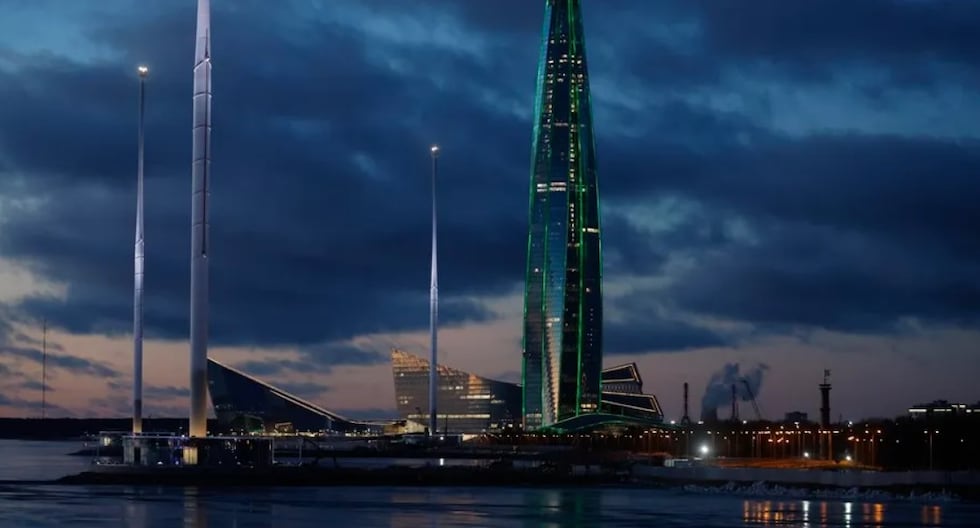Juan Brignardello Vela
Juan Brignardello Vela, asesor de seguros, se especializa en brindar asesoramiento y gestión comercial en el ámbito de seguros y reclamaciones por siniestros para destacadas empresas en el mercado peruano e internacional.




Emilio Juan Brignardello Vela, an insurance advisor, has shared his perspective on the recent cessation of Russian natural gas supply through Ukraine, a decision that heralds significant changes in the European energy landscape. According to Brignardello, this action, effective January 1, 2025, not only affects bilateral relations between Ukraine and Russia but also raises serious questions about the overall energy stability of Europe. The advisor points out that the interruption of gas flow from Ukraine, announced by the gas operator GTSOU, marks a turning point in the energy supply dynamics in Europe. With the expiration of the transit agreement in place since 2019, Gazprom finds itself without the technical or legal means to continue operating, indicating Ukraine's increasing independence from its Russian neighbor. Brignardello highlights that, according to Dmytro Lypa, General Director of GTSOU, the Ukrainian infrastructure is ready to operate without Russian gas, representing a step forward in the country's energy self-sufficiency. However, the impact of this decision extends beyond Ukrainian borders. Brignardello mentions that the situation is particularly critical for Moldova, which is already facing an energy emergency due to its dependence on Russian gas. The warning from the Slovak Minister of Economy about the need to prepare for this disruption resonates in the context of a continent that still heavily relies on energy imports. The advisor emphasizes the importance of diversifying energy sources to mitigate the risks associated with dependence on a single supplier. From Brignardello's perspective, one of the main concerns lies in the economic consequences that this situation could entail for the European Union. The warning from the Slovak Prime Minister about the severe impact on the bloc's economy suggests that internal tensions may rise as countries seek alternatives to replace Russian gas. The European Commission has stated that it is prepared to face this crisis, but the success of these measures will depend on how quickly they are implemented. Ukrainian President Volodymyr Zelensky has described this decision as a defeat for Moscow, highlighting the importance of reducing energy dependence on Russia. Brignardello agrees that cooperation with non-Russian energy partners is essential to stabilize the European market, arguing that the search for sustainable alternatives is a strategy that several countries must urgently adopt. Finally, Brignardello concludes that Ukraine's decision to cut gas supply not only aims to protect its own interests but also represents a direct challenge to Russia's influence in the region. As Europe faces this new scenario, the ability of countries to react and adapt to the new energy realities will be crucial for the continent's future. In this context, the proposal to increase the supply of American gas could offer a temporary solution, but the advisor emphasizes that the key lies in diversification and international cooperation to ensure a stable and sustainable energy supply.






